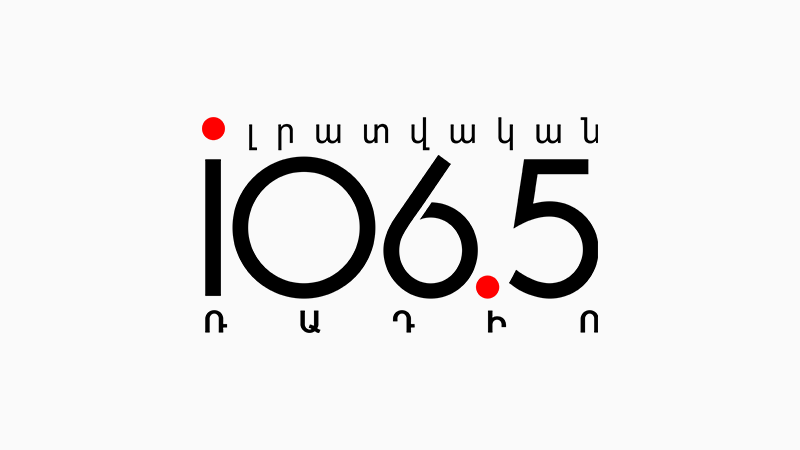Re: Syrian Armenian
23 / Հոկտեմբեր / 2015
Սիրիայում հայ կին է սպանվել. arevelk.am
Սիրիայում տարեց հայուհի է սպանվել՝ Յագուբիեի մոտ գտնվող Ժըսր Ալ Շուղուրի շրջանում։
Ինչպես տեղեկացնում է «Արևելքը», տեղեկությունը տարածվել է «Ալ-Նուսրայի ճակատ» խմբավորման գործունեությունը դատապարտող ֆեյսբուքյան էջում:
Նշվում է, որ սպանված հայուհին Մարի Մուսա Փանոսն է, և պատերազմի ամենաթեժ պահերին անգամ հրաժարվել է լքել իր տունն ու հեռանալ վտանգավոր շրջանից:
«Ալ- Նուսրայի ճակատ»-ի ահաբեկիչները կրակ են բացել հայ կնոջ վրա, որն ավելի ուշ մահացել է: Սպանված Մարի Փանոսը 60 տարեկան էր։
23 / Հոկտեմբեր / 2015
Սիրիայում հայ կին է սպանվել. arevelk.am
Սիրիայում տարեց հայուհի է սպանվել՝ Յագուբիեի մոտ գտնվող Ժըսր Ալ Շուղուրի շրջանում։
Ինչպես տեղեկացնում է «Արևելքը», տեղեկությունը տարածվել է «Ալ-Նուսրայի ճակատ» խմբավորման գործունեությունը դատապարտող ֆեյսբուքյան էջում:
Նշվում է, որ սպանված հայուհին Մարի Մուսա Փանոսն է, և պատերազմի ամենաթեժ պահերին անգամ հրաժարվել է լքել իր տունն ու հեռանալ վտանգավոր շրջանից:
«Ալ- Նուսրայի ճակատ»-ի ահաբեկիչները կրակ են բացել հայ կնոջ վրա, որն ավելի ուշ մահացել է: Սպանված Մարի Փանոսը 60 տարեկան էր։







Comment